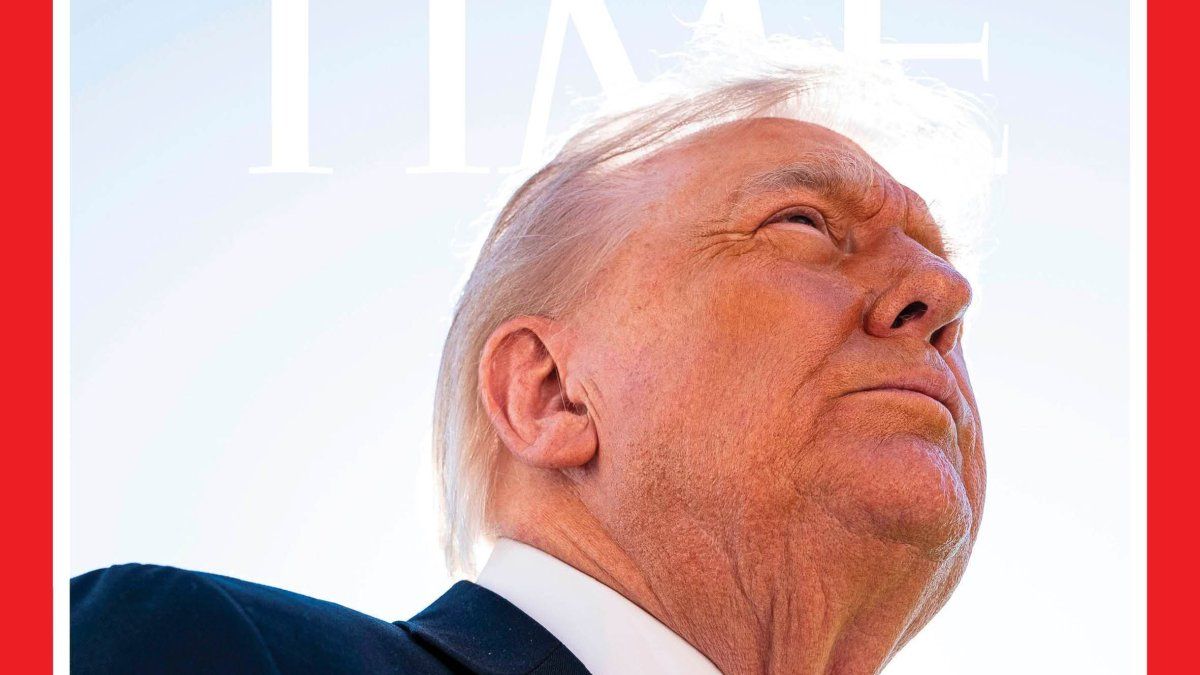Although this age group already had permission to open an account in a bank and to be able to invest, always with the authorization of an adult, in Common Investment Funds (FCI) or fixed terms, this measure goes one step further: they will be able to acquire shares, bonds, negotiable obligations, Cedears and suretiesamong other instruments.
This Monday, Scope participated in the opening of Investor Week, and there the vice president of the National Securities Commission (CNV), Patricia Boedo, referred to this Resolution.
“We are faced with a reality and that is that teenagers already manage and manage their money through virtual wallets. They make transactions and can acquire assets,” he said. That is why the CNV thought that there was a “chance”, for something “closely related to financial education and the need of young people to manage the capital market.”
In that sense, he said that being able to learn to “Doing it before the work stage can be a very useful tool”but that this decision meant “take a risk”because it implies a responsibility to reduce the minimum age to operate.
Patricia Boedo.jpeg
Patricia Boedo, vice president of the National Securities Commission.
Investing at 13: what is the view of financial service providers
“This measure is very positive because it opens the door to early financial training“he celebrated Ariel SbdarCEO of Coconuts. In his view, “allowing adolescents to participate in the capital market from the age of 13, under the supervision of their parents, not only encourages a culture of savings and responsible investmentbut it gives them access to tools that were traditionally seen as complex or distant.
Sbdar highlighted that “this has a long-term positive impact on your relationship with money and financial decision making. “It is a way to educate new generations and, at the same time, help them begin to form savings and investment habits that will accompany them throughout their lives.”
The analyst stressed the importance of making a clear distinction between the capital market, where investments are made in regulated financial assets and decisions are based on analysis and information, and bettingwhose results depend mainly of luck or unpredictable events.
“Minors must have the corresponding permission from their parents and the capital market is regulatedproviding an additional level of security and transparency, reducing the risk of impulsive behaviors related to gambling. Parents can guide their children in making decisions, ensuring they understand the risks and benefits of their investments,” he concluded.
How to accompany teenagers to operate in the capital market
Gabriela Totaropsychopedagogue, educator and financial advisor, in a conversation with this medium, said that you have to be “very careful when conveying what it means to have an account in the capital market with which you can invest,” because it is not the same as having a bank account and having a client account. You could get confused “because it is timba and has nothing to do with that”, he pointed out.
“A child would have to learn all the concepts about financial education and finances. What is a Common Investment Fund, what is a guarantee, what is a Cedear, to then be able to enter and have an account and start operating with your father, your mother or with a suitable advisor. That would be the most correct thing to do,” Totaro revealed when accompanying this process of linking adolescents with the capital market.
Regarding the differentiation with online gambling games, he explained: “Children have very easy access to these games that are made on purpose to generate addiction. The game is made so that you lose money all the time. As a psychopedagogist, I always say that the best thing is to learn by playing, but not through a game where you can fall into gambling addiction and the bond ends up being unhealthy.”
The expert said that these practices generate addiction and to avoid them you have to be careful. “a lot of self-control”, precisely something difficult in adolescence, where “The kids are exploring, getting to know each other, which makes it very difficult for them to reach a limit”.
Regarding virtual wallets, he said that although they helped children to be able to handle money without having to have it in their hand and the movements could be seen, Certain practices would have to be limited, such as not being able to access betting sites until the age of 18.
“Parents have to provide a lot of information and financial education. You have to train in academic settings, not anywhere or in trader courses, or with influencers. You can approach the foundation of the Buenos Aires Stock Exchange where there are capital market courses or with serious advisors,” the expert concluded.
Source: Ambito
I am Pierce Boyd, a driven and ambitious professional working in the news industry. I have been writing for 24 Hours Worlds for over five years, specializing in sports section coverage. During my tenure at the publication, I have built an impressive portfolio of articles that has earned me a reputation as an experienced journalist and content creator.




